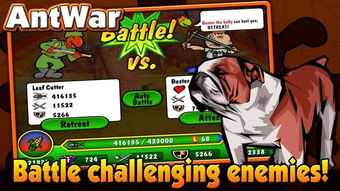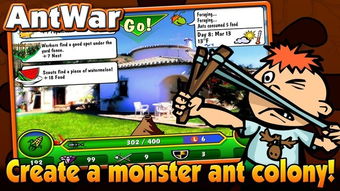
Do Ant Bites Itch?
Ant bites can be a common occurrence, especially during the warmer months when these tiny creatures are most active. If you’ve ever been bitten by an ant, you might be wondering if the bite will itch. Let’s delve into this question and explore the various aspects of ant bites and their potential itching sensation.
Understanding Ant Bites

When an ant bites, it injects its venom into the skin. This venom is designed to paralyze the ant’s prey, but it can also cause an allergic reaction in some people. The venom typically contains substances like formic acid, which is what gives ants their distinctive smell and taste.
Immediate Effects of an Ant Bite

After an ant bite, you may notice several immediate effects. These can include:
| Effect | Description |
|---|---|
| Pain | Immediate pain or a stinging sensation at the bite site. |
| Inflammation | Redness, swelling, and warmth around the bite area. |
| Itching | Some people may experience an itchy sensation, especially if they are allergic to the ant’s venom. |
These symptoms can vary in intensity depending on the type of ant, the amount of venom injected, and the individual’s sensitivity to the venom.
Why Do Some Ant Bites Itch?

Not everyone will experience an itchy sensation after an ant bite. However, if you do, it’s likely due to one of the following reasons:
-
Allergic Reaction: Some people have an allergic reaction to the ant’s venom, which can cause itching, redness, and swelling.
-
Inflammatory Response: The body’s immune system may react to the venom by releasing histamines, which can cause itching.
-
Secondary Infection: If the bite becomes infected, it can cause itching as the body tries to fight off the infection.
How to Treat an Itchy Ant Bite
Here are some tips to help alleviate the itching and other symptoms of an ant bite:
-
Cool Compress: Apply a cool, wet compress to the bite area to reduce swelling and itching.
-
Antihistamines: Over-the-counter antihistamines can help reduce itching and inflammation.
-
Topical Creams: Calamine lotion or hydrocortisone cream can help soothe the skin and reduce itching.
-
Keep the Area Clean: Wash the bite area with soap and water to prevent infection.
Preventing Future Ant Bites
Here are some tips to help prevent future ant bites:
-
Keep Food Covered: Ants are attracted to food, so make sure to keep all food covered and sealed.
-
Wear Insect Repellent: Apply insect repellent containing DEET or picaridin to exposed skin and clothing.
-
Seal Entry Points: Inspect your home for cracks and crevices where ants might enter and seal them.
-
Remove Standing Water: Ants are drawn to moisture, so fix any leaks and remove standing water around your home.
In conclusion, while not everyone will experience an itchy sensation after an ant bite, it is a common symptom for some. Understanding the causes and treatment options can help you manage the discomfort and prevent future bites.







